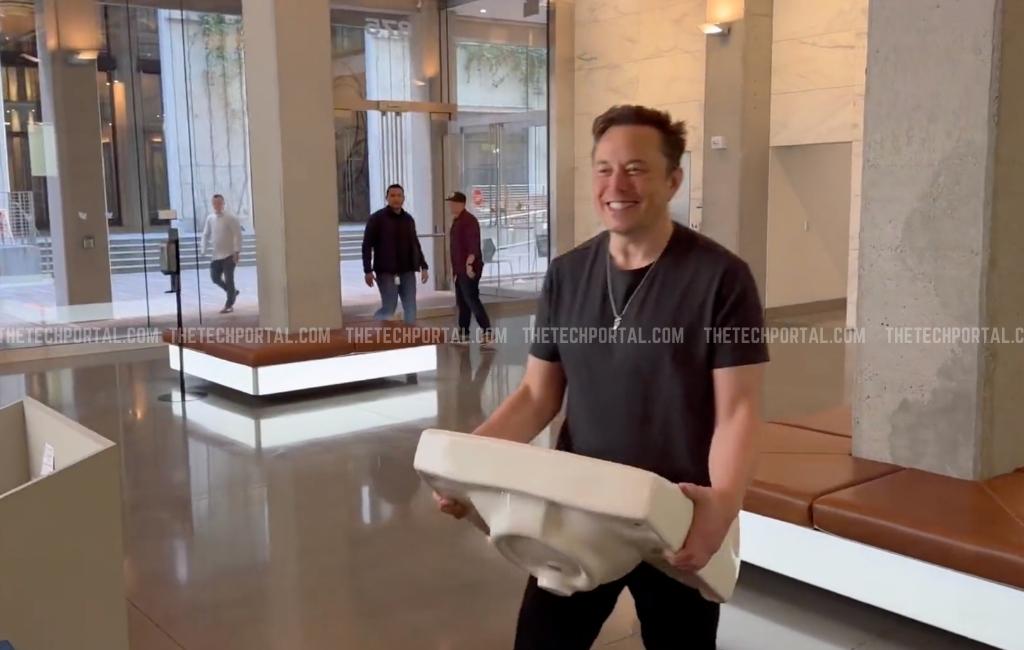
Former Twitter (now X) CEO, other execs sue Elon Musk, seek $128Mn for pending dues
Last week, Elon Musk filed a lawsuit against OpenAI and its CEO Sam Altman for digressing from their original non-profit mission. Now, it is Musk’s turn to get hit with a multi-million-dollar lawsuit. According to media reports, four former top executives of the erstwhile Twitter have filed a lawsuit against Musk, alleging that the billionaire entrepreneur owes them more than $128 million ($128.7 million) in severance payments. The lawsuit includes former Twitter CEO Parag Agrawal.
Other plaintiffs in the current lawsuit include Ned Segal (its former CFO); Vijaya Gadde, its former chief legal officer; and Sean Edgett, its former general counsel. This marks the latest legal challenge faced by the social media company and the Twitter (now X) owner ever since Musk had acquired the micro-blogging site in October 2022 for $44 billion.
The lawsuit was filed in the California Northern District federal court on March 4, revealing that the four former X executives claim they were fired “without reason” immediately after Musk took control of Twitter back in 2022. This abrupt dismissal came after the executives played a pivotal role in successfully suing Musk to complete the acquisition after he initially attempted to back out of the ideal (that was a long drama that spanned across months, but that’s another story).
The lawsuit comes amidst failed settlement talks in another lawsuit concerning $500 million in unpaid severance owed to former Twitter managers and engineers. It also comes as the latest instance of Agrawal, Gadde, and others taking X to court – last year, they sued the popular micro-blogging platform which resulted in X paying $1.1 million in legal fees. And now, Agrawal is seeking around $57.4 million in severance benefits, while Segal is seeking nearly $44.5 million. Gadde and Edgett are seeking $20 million and $6.8 million in severance benefits respectively. According to the lawsuit, these numbers are based on one year’s salary, stock awards valued at the acquisition price, as well as health insurance premiums.
“If executives could not count on getting their contractual severance, they would have no incentive to stay through the acquisition to run the business, oversee the acquisition process, and make sure the shareholders get paid,” the plaintiffs said, adding, “Because Musk decided he didn’t want to pay Plaintiffs’ severance benefits, he simply fired them without reason, then made up fake cause and appointed employees of his various companies to uphold his decision. This is the Musk playbook: to keep the money he owes other people, and force them to sue him. “Even in defeat, Musk can impose delay, hassle, and expense on others less able to afford it.”
The lawsuit goes on to claim that Musk harbored “special ire” towards these executives and publicly vowed to withhold their severance payments as a means of recouping some of the acquisition costs. The lawsuit further alleges that Musk fabricated justifications for their termination, stating in their termination letters that they were fired for “gross negligence and willful misconduct.” The ousted executives, for their part, denied these claims.


